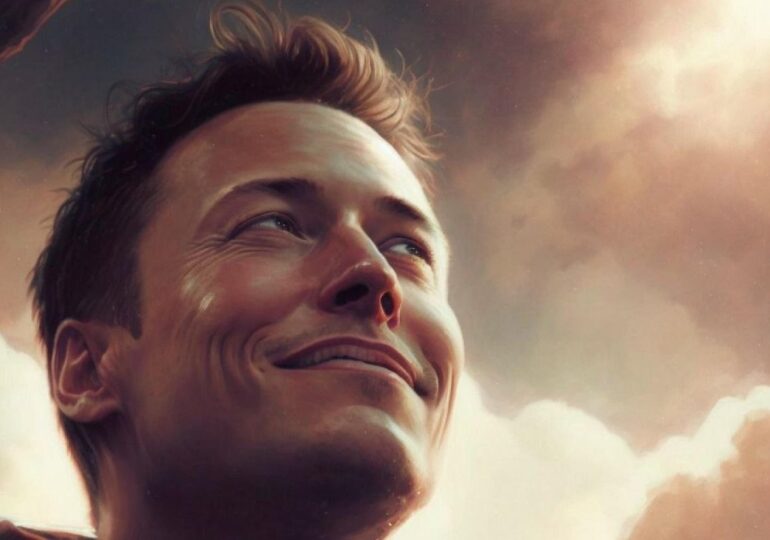American billionaire Elon Musk said that in the past, he considered buying Russian intercontinental rockets to fulfill his dream of sending a human crew on a mission to Mars.
The owner of SpaceX discussed on the „Verdict” podcast with Texas Senator Ted Cruz and recounted the beginnings of his space company. He said that initially, his company could not afford to buy American manufacturing parts for spacecraft.
The interview was recorded at the White House, where Musk heads an essential component of the second Trump administration, the Department of Governmental Efficiency (DOGE), which seeks to reduce federal government spending, as reported by Newsweek.
Musk said he envisioned "green plants on a red background" when he started working on creating rockets that could transport the first astronauts to Mars.
"The initial plan was to actually take a bunch of money from PayPal and, I suppose, in the view of some, waste it without profit in something non-profit," Musk said. "I wanted to spend a lot of my money to increase NASA's budget so that we could go to Mars," Musk said.
However, ensuring sufficient funding was not easy in the United States. The multibillionaire said that in the early 2000s, he did not have the money to afford American rockets, which were "way too expensive," costing around $80 million.
Instead, Musk said he turned to Russia to buy ICBMs, meaning intercontinental ballistic missiles, to convert them into propellants for a spacecraft.
"Who did you call?" Cruz asked him. "The Russian rocket forces," Musk replied, explaining that Moscow agreed to decommission many of its ICBMs through an agreement with the U.S. "So, if you took their biggest ICBMs, you could turn them into a rocket with an additional stage (of propulsion) and you could send something to Mars," he said.
"I thought, well, they have to throw these things away anyway," Musk continued, adding that it would have been a good deal.
Musk said that Russia continued to raise the price when they saw his interest, and thus the agreement was not finalized, despite negotiations that lasted about six months.
After nearly 20 years, Elon Musk's fortune exceeds $400 billion, and SpaceX is firmly anchored in the U.S. space program, helping on Tuesday to bring back astronauts from the International Space Station and continuing to test several rockets for future crewed missions.
"It's incredible what you've built in Boca Chica. Five years ago, it was an empty beach at the southern tip of Texas, and now it's a city and a factory where you build a rocket per month," Ted Cruz said about SpaceX's space base near Brownsville, Texas.
Musk said he will continue to expand SpaceX operations in Florida after the success in Texas and will continue to test his Starship spacecraft to eventually get humanity to Mars.
SpaceX's founder stated on Saturday that the Starship megarocket will launch to Mars by the end of 2026, carrying the humanoid robot Optimus, and estimated that humans could follow three to five years later.
With a height of 123 meters, the size of a 40-story building, Starship is the largest and most powerful rocket in the world and is designed to reach the Moon and Mars.
Before being able to carry out these missions, SpaceX must demonstrate that the megarocket is reliable, crew-safe, and capable of complex refueling in orbit - essential for deep space missions.
T.D.

